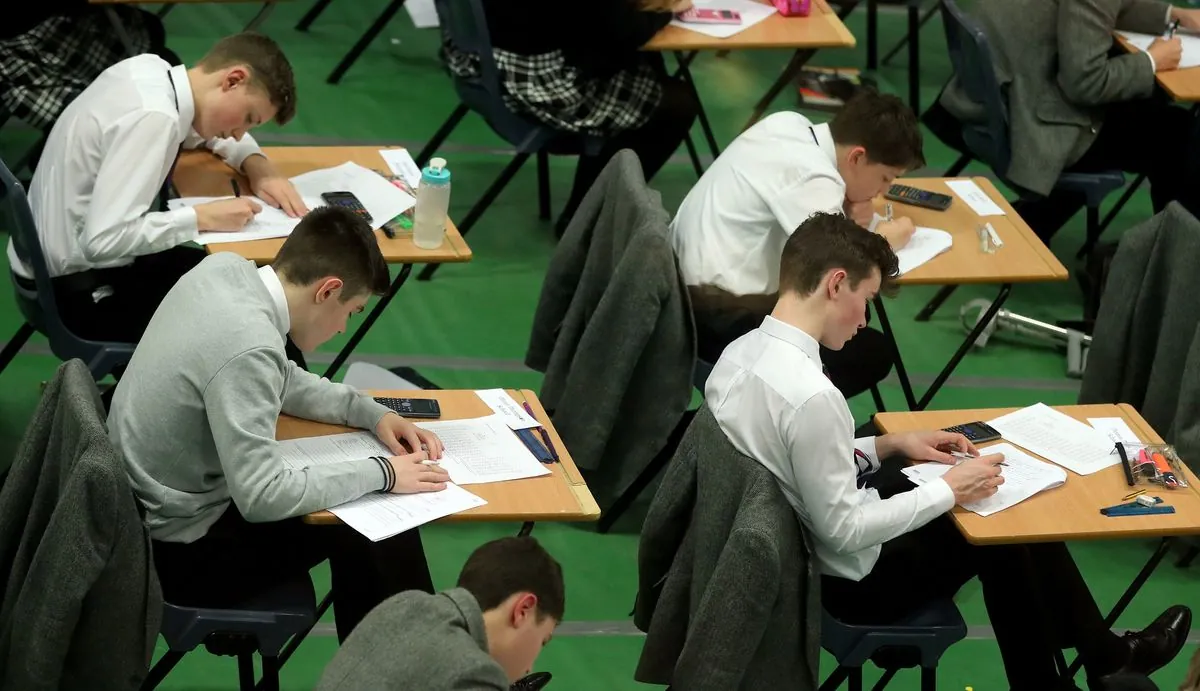UK Education Standards at Risk: Labour's Potential Shift from Rigorous Testing
Conservative education reforms face potential reversal under Labour. Unions push for reduced testing, raising concerns about impact on disadvantaged students and overall educational standards.

The Conservative Party's 14-year tenure in the UK government, spanning from 2010 to 2024, has been marked by significant educational reforms. While Brexit dominates their legacy, their efforts to elevate standards in state schools stand out as a notable achievement.
Michael Gove, who served as Secretary of State for Education from 2010 to 2014, implemented a rigorous testing regime that has benefited millions of students. This approach, however, faced strong opposition from teaching unions and the education establishment.
In 2018, Nick Gibb, then Minister of State for School Standards, reintroduced compulsory times-tables tests in primary schools. This move, reminiscent of the 1944 Education Act, was met with resistance from unions who labeled it as "old-fashioned."
Despite union opposition, England's performance in the Programme for International Student Assessment (PISA), a worldwide study evaluating educational systems, has shown steady improvement. This progress is particularly notable when compared to Scotland, where education is devolved and standards have declined under Scottish National Party (SNP) governance since 2007.

However, these advancements may be at risk under the new Labour government. Bridget Phillipson, appointed as Secretary of State for Education in February 2024, has initiated a "curriculum review" led by Becky Francis. This review has raised concerns about potential recommendations to reduce or eliminate the testing regime that has yielded positive results.
Prof Francis has criticized even the Blair government (1997-2007) for its "obsession with academic achievement." This stance aligns with left-wing educational ideologies that have been largely kept at bay in schools for the past 14 years.
Teaching unions are anticipating changes such as "stripping back" grammar teaching and scrapping the English Baccalaureate (EBacc), introduced in 2010 as a performance measure for schools. They argue that reducing "high pressure government testing" could address the growing mental health concerns among students.
"We need to put an end to high pressure government testing and focus on a more holistic approach to education."
Critics warn that if Labour yields to union demands, it could disproportionately affect children from disadvantaged backgrounds. For these students, a traditional, knowledge-based education often serves as a crucial pathway out of poverty.
The debate surrounding UK education reforms reflects broader global discussions about the role of testing, the balance between academic rigor and student well-being, and the impact of educational policies on social mobility. As the new government considers its approach, the stakes remain high for the future of UK education and its students.


































